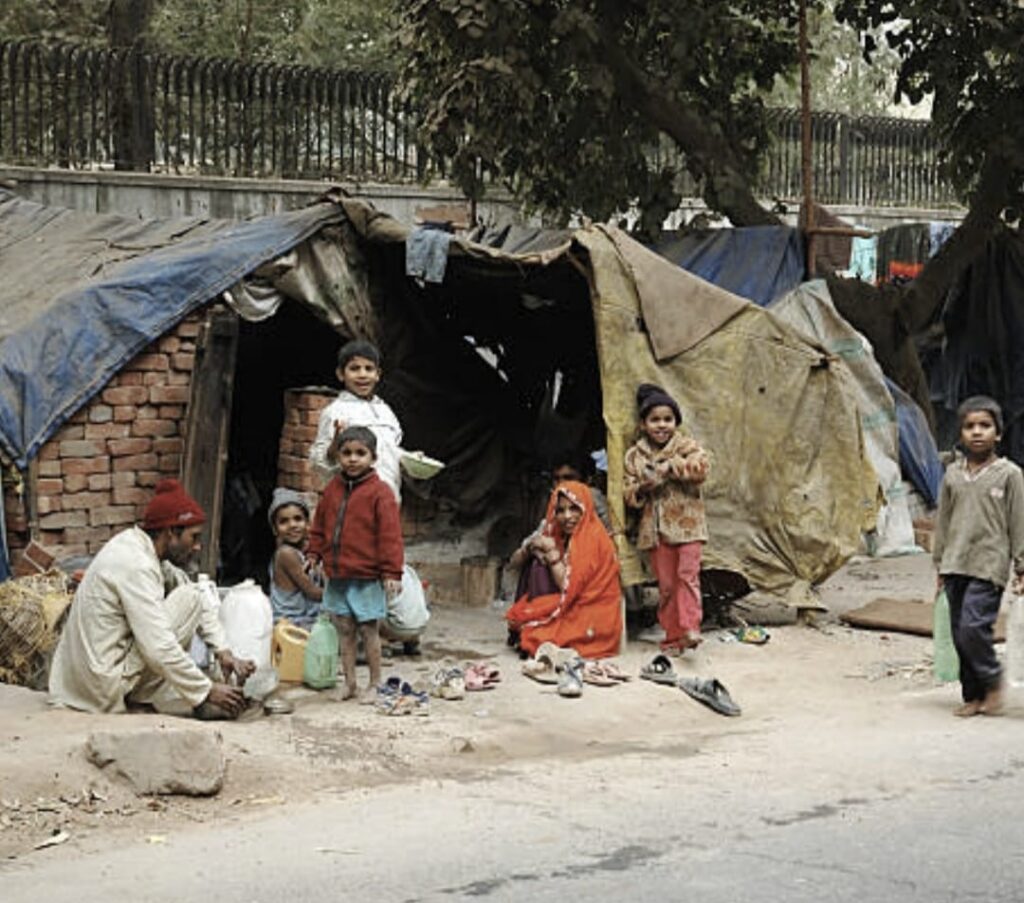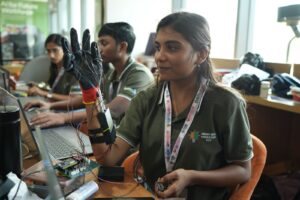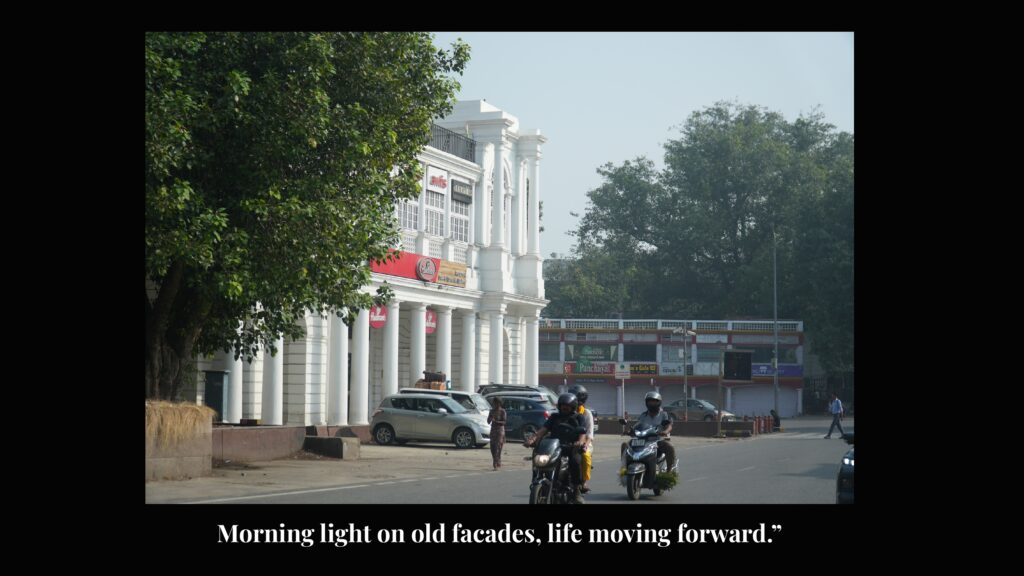Sanjana Raj

. Credit:kaetana_istock
In a world of scientific progress and economic growth, millions of people remain impoverished. Poverty, a complicated issue with numerous origins, remains a vital matter that requires our immediate response. According to current studies, poverty affects roughly 9% of the world’s population, with millions suffering to achieve their basic requirements.
Poverty is a major issue in India, with a large proportion of the population living below the poverty line. Poverty has far-reaching effects on many aspects of a person’s life. Lack of access to adequate education reinforces the cycle of poverty, restricting prospects for advancement. Children from underprivileged families frequently confront educational challenges, limiting their opportunities for a better future.
Poverty has a significant impact on healthcare as well. Limited access to medical facilities, as well as inadequate nutrition, contribute to a higher disease prevalence and lower health outcomes in impoverished populations. Poverty disproportionately affects women and children, who frequently lack access to basic health-care services.
Unemployment and underemployment are major contributors to poverty. Many people are trying to make ends meet since there aren’t enough jobs available, especially in rural areas. Even those who are fortunate enough to find job frequently confront low wages and terrible working conditions, exacerbating the cycle of poverty.Despite the hurdles, individuals and organizations are working persistently to alleviate poverty and effect constructive change.
Non-governmental organizations (NGOs), community-based initiatives, and government programs are making progress in delivering critical resources and assistance to individuals in need. Microfinance programs have developed as an effective tool for empowering people living in poverty.
These initiatives empower individuals to start their own enterprises and break the cycle of poverty by giving small loans and financial literacy training.Education and skill development programs are also important in reducing poverty. By providing individuals with the essential knowledge and skills, these efforts enable them to acquire better work possibilities and improve their overall quality of life.
To effectively address poverty, governments, civil society, and individuals must work together. Policies that promote equitable economic growth, social safety nets, and access to education and healthcare are critical for fostering a more inclusive society.The war against poverty is a long and arduous one, but it is not insurmountable.
Student, BJMC SEM 3






